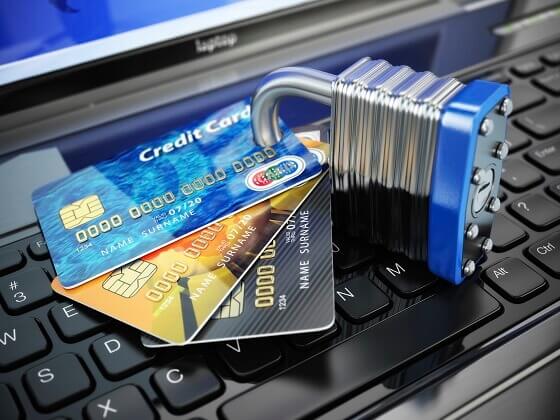Black Friday has become ubiquitous with the Thanksgiving weekend, as shoppers storm brick-and-mortar stores in search of fabulous holiday discounts. For those who prefer to shop from the comfort of their own homes, however, Cyber Monday now provides an online alternative as more and more people choose to do their holiday shopping from PCs, tablets and even smart phones.
Shopping from home does not guarantee safety from mischief, however. Just as Black Friday requires some special precautions to keep you and your possessions safe, so does Cyber Monday.
Also be aware that thieves are happy with a variety of bits of information about you. They don’t necessarily go after your bank account numbers. According to IdentityHawk, the types of data that get stolen online include:
- Name and address 31.4%
- Social Security numbers 19%
- Date of birth 10.5%
- Financial information 8.6%
- Credit card numbers 4.6%
And unlike your car getting broken into while you’re at the mall, online victims don’t necessarily know right away that their information has been compromised. Referring to IdentityHawk’s statistics again, only 21% of people know within the first month while it might be as long as three months for 45% of the victims and over three years for another 14% of them.
Americans spend over $2 billion on Cyber Monday alone, and although 56% of people say they only shop on sites they know are safe, that still leaves 44% of us who could be taking unnecessary risks.
To decrease your risk as you navigate the dangers of online shopping with its forged emails and fake websites, here are four tips to help keep your identity protected while buying gifts on this digitally busy day…
Look for the “s”
If the site that you’re shopping on is secure, it should have an s: Look for https:// rather than just http://. You can also look for a lock or similar symbol, showing that the site is confirmed secure.
Change up passwords
By using one password for everything, you’re giving access to all your locks with a single key. Never use the same password for important personal sites—such as banks or storage—as you do for shopping sites. Switch up the combinations of letters, numbers and cases to keep your passwords differentiated. Also keep in mind that the longer the password is, the better protected you are.
Use a credit card
Paying for online purchases with your credit card, as opposed to a debit or a non-plastic method, releases less information and makes you less liable. Fraudulent charges are easier to deal with on a credit card than with a debit card that’s directly linked to your checking account too. Additionally, many credit card providers have “zero liability” policies just in case you are a victim.
Take action
If you do suspect identity theft, it’s best to deal with it as soon as you can. Contact your credit card company, your bank and the police before any more damage is done to your reputation and finances.
As safe as it might seem, always keep in mind that you can’t assume shopping online is 100% safe. Even a “90% off” special deal might not be worth it if it puts your information at risk. By staying smart and paying attention to your screen, you can shop securely, then spend the next couple days comfortably waiting for your packages to arrive.

